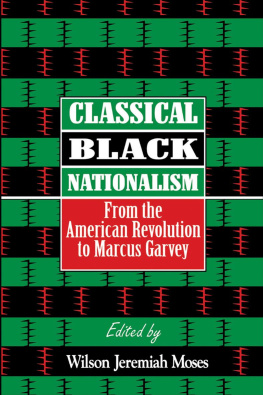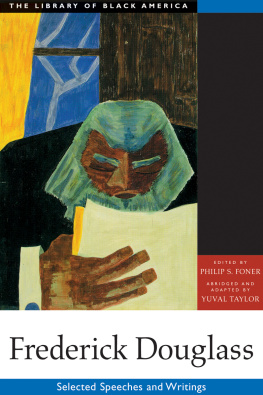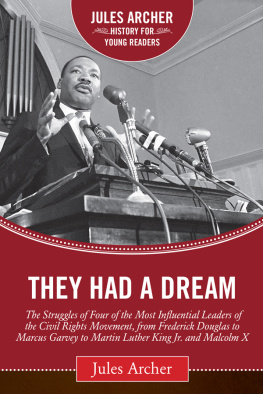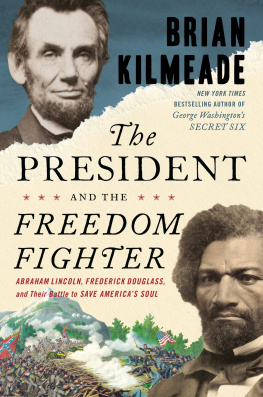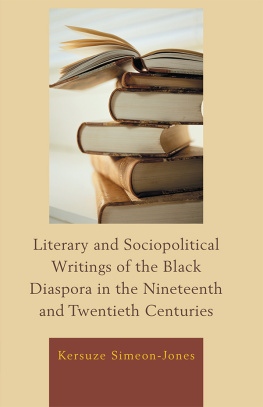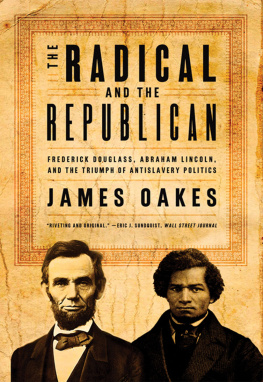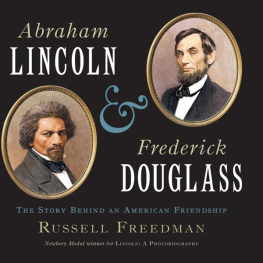Wilson J. Moses - Classical Black Nationalism: From the American Revolution to Marcus Garvey
Here you can read online Wilson J. Moses - Classical Black Nationalism: From the American Revolution to Marcus Garvey full text of the book (entire story) in english for free. Download pdf and epub, get meaning, cover and reviews about this ebook. City: New York, year: 1996, publisher: NYU Press, genre: Politics. Description of the work, (preface) as well as reviews are available. Best literature library LitArk.com created for fans of good reading and offers a wide selection of genres:
Romance novel
Science fiction
Adventure
Detective
Science
History
Home and family
Prose
Art
Politics
Computer
Non-fiction
Religion
Business
Children
Humor
Choose a favorite category and find really read worthwhile books. Enjoy immersion in the world of imagination, feel the emotions of the characters or learn something new for yourself, make an fascinating discovery.
- Book:Classical Black Nationalism: From the American Revolution to Marcus Garvey
- Author:
- Publisher:NYU Press
- Genre:
- Year:1996
- City:New York
- Rating:5 / 5
- Favourites:Add to favourites
- Your mark:
- 100
- 1
- 2
- 3
- 4
- 5
Classical Black Nationalism: From the American Revolution to Marcus Garvey: summary, description and annotation
We offer to read an annotation, description, summary or preface (depends on what the author of the book "Classical Black Nationalism: From the American Revolution to Marcus Garvey" wrote himself). If you haven't found the necessary information about the book — write in the comments, we will try to find it.
Wilson J. Moses: author's other books
Who wrote Classical Black Nationalism: From the American Revolution to Marcus Garvey? Find out the surname, the name of the author of the book and a list of all author's works by series.
Classical Black Nationalism: From the American Revolution to Marcus Garvey — read online for free the complete book (whole text) full work
Below is the text of the book, divided by pages. System saving the place of the last page read, allows you to conveniently read the book "Classical Black Nationalism: From the American Revolution to Marcus Garvey" online for free, without having to search again every time where you left off. Put a bookmark, and you can go to the page where you finished reading at any time.
Font size:
Interval:
Bookmark:
of Trustees of the New Bedford Free Public Library:
Paul Cuffe to Peter Williams, August 30, 1816
Paul Cuffe to James Forten, January 8, 1817
James Forten to Paul Cuffe, January 25, 1817
New York and London
All rights reserved
Classical Black nationalism : from the American Revolution to Marcus
Garvey / edited by Wilson Jeremiah Moses.
p. cm.
Includes bibliographical references and index.
ISBN 0-8147-5524-0 (cloth : alk. paper). ISBN 0-8147-5533-X
(pbk. : alk. paper)
1. Afro-AmericansHistorySources. 2. Black nationalismUnited
StatesHistorySources. 3. Pan-AfricanismHistorySources.
I. Moses, Wilson Jeremiah, 1942
E148.6.C62 1996
973.0496073 95-44335
CIP
their binding materials are chosen for strength and durability.
Font size:
Interval:
Bookmark:
Similar books «Classical Black Nationalism: From the American Revolution to Marcus Garvey»
Look at similar books to Classical Black Nationalism: From the American Revolution to Marcus Garvey. We have selected literature similar in name and meaning in the hope of providing readers with more options to find new, interesting, not yet read works.
Discussion, reviews of the book Classical Black Nationalism: From the American Revolution to Marcus Garvey and just readers' own opinions. Leave your comments, write what you think about the work, its meaning or the main characters. Specify what exactly you liked and what you didn't like, and why you think so.

